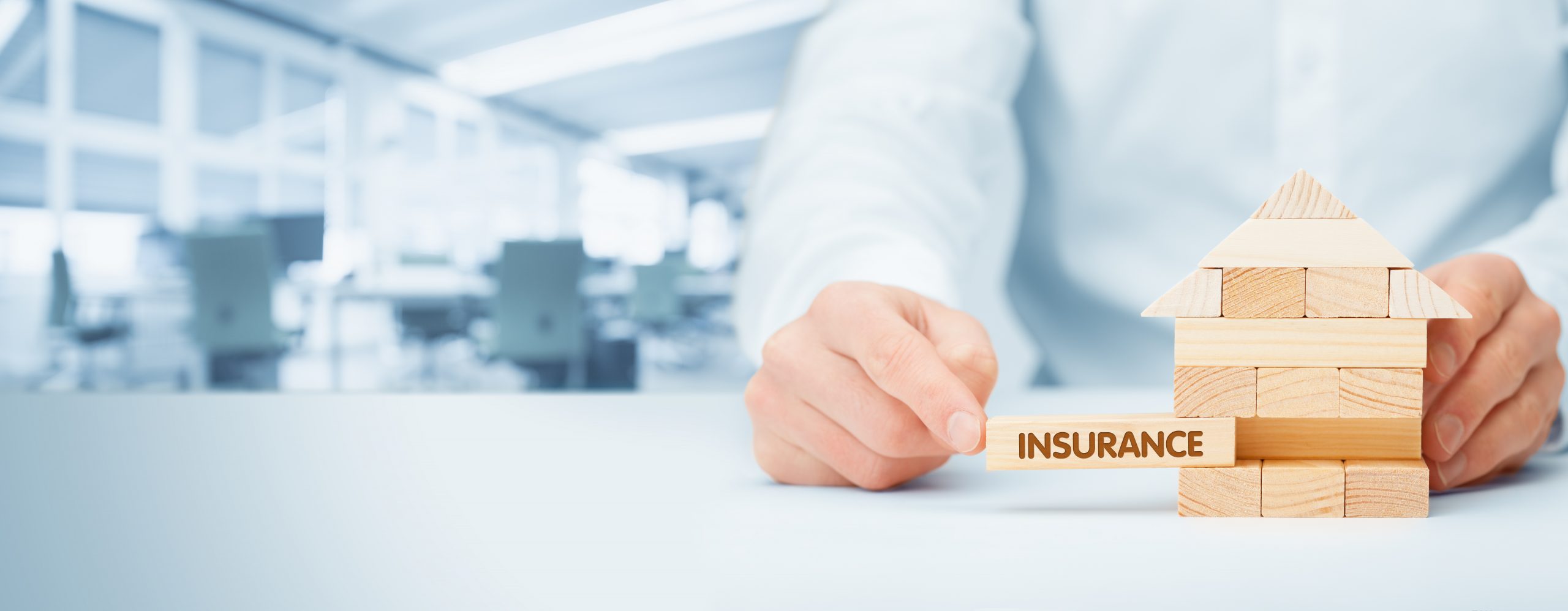You must feel certain that you are protecting your guests and your property when renting your home to visitors worldwide. Accidents can occur. Therefore, it is advisable to take precautions to protect your safety, your property, and the welfare of your visitors in the event of one.
Booking.com Hosting Insurance
You must have sufficient property insurance if a guest is accidentally injured because Booking.com does not provide separate insurance protections for its property owners. You should also ensure that you are aware of and address any hazards that could result in dangerous conditions. For instance, you should act to address and rectify a problem as quickly as you can if a visitor complains about a leaky sink pipe that puts a slipping danger on your tile floors. Additionally, you should consult your insurance company to determine whether your coverage is sufficient for the house you intend to rent.
How can property safety be ensured?
Making an atmosphere where guests feel comfortable and secure is a requirement of being a Booking.com host. Many of these actions are simple and might enhance a visitor’s favorable perception of your customer care abilities. At the same time, making sure these things are in place safeguards your property as well:
Install and test smoke and carbon monoxide detectors. Installing a dependable smoke or carbon monoxide detector in your area can avert loss of life and damage, while the beeping is bothersome when the batteries start to run low.
Keep a fire extinguisher handy; they are simple to tuck away in your rental home but come in handy if a small fire starts.
Offer lockers or safes for valuables: Having a secure location to store jewelry, passports, electronics, or other critical belongings while away from their rental can give many travelers peace of mind. Many modern, safe alternatives are keyless, allowing renters to input their passcode for extra security.
Stock an emergency supply kit: If your rental is located in an area with frequent severe weather events or natural catastrophes, it may be advantageous to provide some supplies and equipment in case one occurs. It can be useful to have flashlights, first aid supplies, and even emergency exit or evacuation instructions. A safety card in the local language that would enable tenants to obtain assistance can be useful. Keep in mind that your renters may speak a different language.
Of course, we don’t want to scare our visitors, and we sincerely hope that these tools won’t ever be needed. That so, putting these safeguards in place can support maintaining the health of your property as well as your visitors.
How should I respond to visitor property damage?
One of the main dangers of renting out your home to foreign visitors is that you have to have faith that they would respect your home and take care of it as you would. But occasionally, this trust is betrayed. Fortunately, Booking.com claims that damage to a rental property listed there only occurs once in every 5,000 reservations, but it is still a potential for which you should plan.
Walking your guests through all of the appliances and features of your rental is one of the best methods to avoid such damage. Avoid the hassles of these repairs by making sure visitors understand how the various amenities in various locations throughout the world operate. When they check-in, you can do this in person or create a thorough handbook that stays in the unit for troubleshooting special circumstances.
Setting clear ground rules for the home is another effective way to prevent property damage. The “Policies” tab in the Booking.com extranet for your property can clearly express these limits, such as limitations on partying, smoking, and noise, but you can also go into more depth via a rules and regulations paper that you place in the rental unit.
A stated damage deposit that will be charged if such damage occurs can also be established. Although Booking.com cannot charge this deposit, the “Policies” tab does make a note of the guest’s obligation to pay it. This gives you some redress if damage is discovered to your property. You will, however, need to provide proof of the damage to be eligible to receive the damage deposit.









